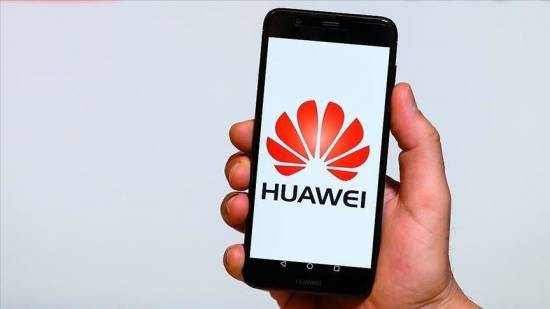ANKARA
Chinese technology giant Huawei on Thursday unveiled its latest version of self-developed Harmony operating system (HarmonyOS) that is seen as an alternative for Google's Android, the country’s state-run media said.
The latest version was unveiled by Richard Yu Chengdong, the CEO of Huawei’s consumer business at the company’s annual developers conference in the southern Chinese city of Dongguan, according to the Global Times tabloid.
This came less than a week before the US latest chipset ban on Huawei takes effect.
Last month, the US Department of Commerce issued updates to a list of rules designed to restrict Huawei’s access to US-based technology last month.
The new rule would prevent Huawei from acquiring chips developed or produced with US technology and software from Sept. 15.
The latest development in HarmonyOS, EMUI 11 and its own ecosystem Huawei Mobile Services (HMS) Core 5.0 will enable its products to seamlessly connect to others, which is considered the Chinese tech giant's direct response to the expanded ban from the Trump administration, according to the tabloid.
"HarmonyOS will be used in smartphones in next year," Yu said.
He said that despite the Washington restrictions on Huawei, the company recorded 105 million smartphone unit shipments in the first half of 2020.
"Despite the US ban, Huawei recorded 105 million smartphone unit shipments in the first half of 2020, with a total revenue of 255.8 billion yuan ($37.4 billion)," the Global Times quoted Richard Yu Chengdong as saying.
The Chinese giant currently has 1.8 million developers and 490 million active users on its ecosystem, making it the third largest ecosystem.
Chinese analysts believed the Huawei can now confront the US sanctions.
"We need to take a long-term perspective of this battle, five to 10 years. The coming years will surely be hard for Huawei, but by stepping up its efforts, the company, along with China's high-tech sector, will grow stronger," Fang Xingdong, founder of Beijing-based technology think tank ChinaLabs, told the tabloid./aa
Additional Info
- عنوان تمهيدي: Huawei records 105M smartphones unit shipments in 1st half of 2020, despite US sanctions, company says


